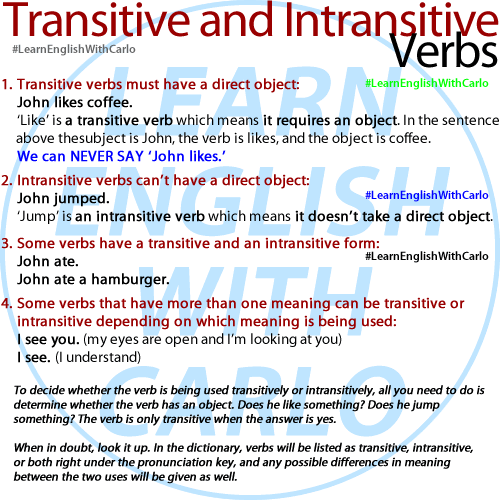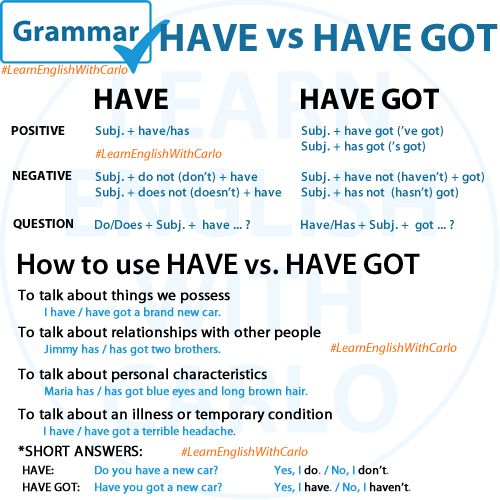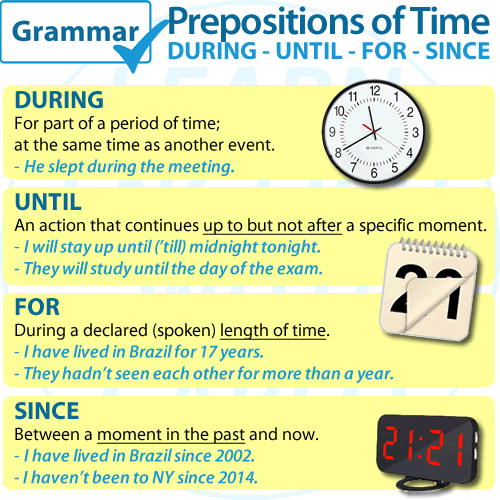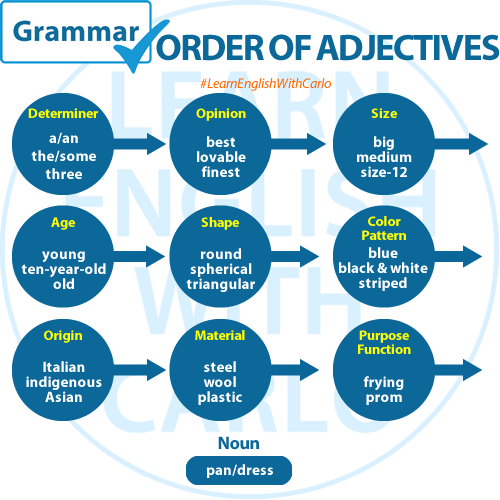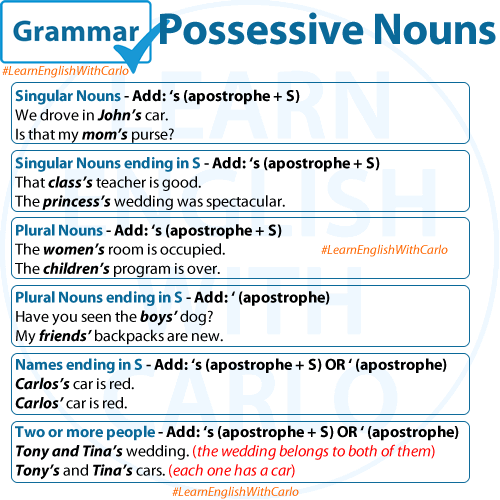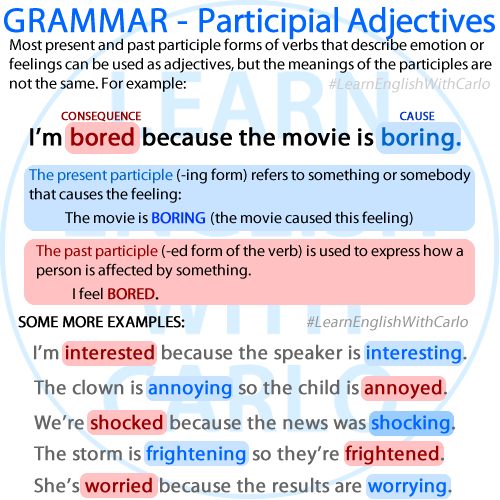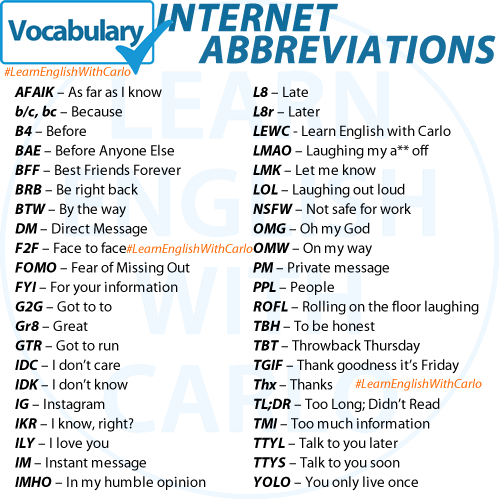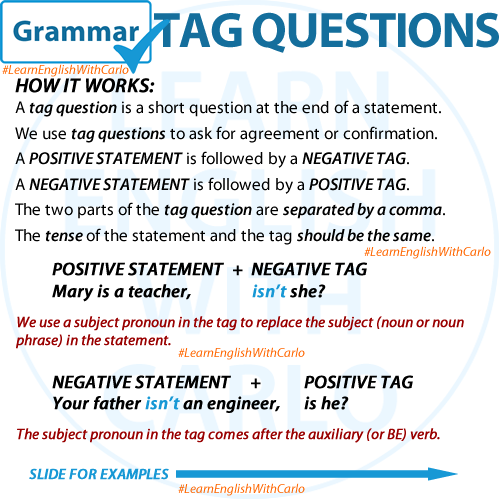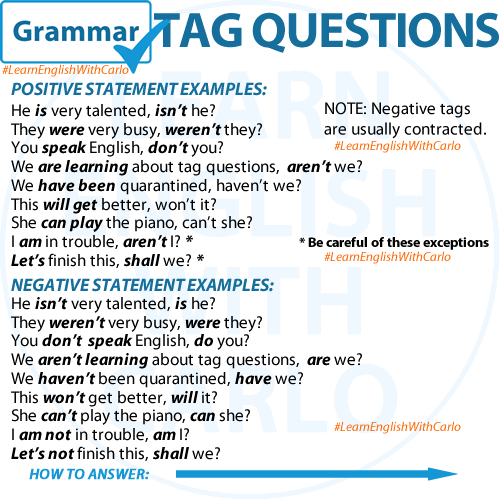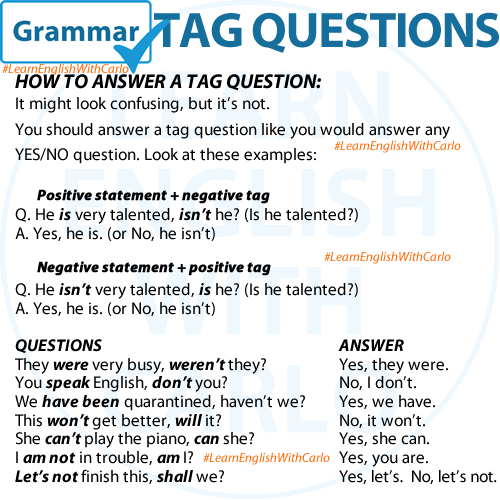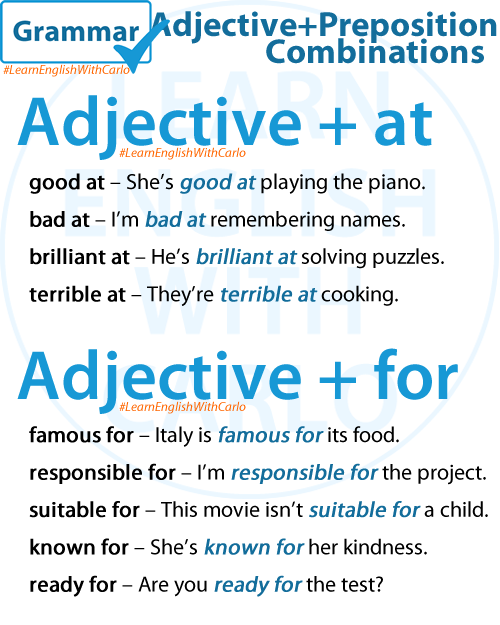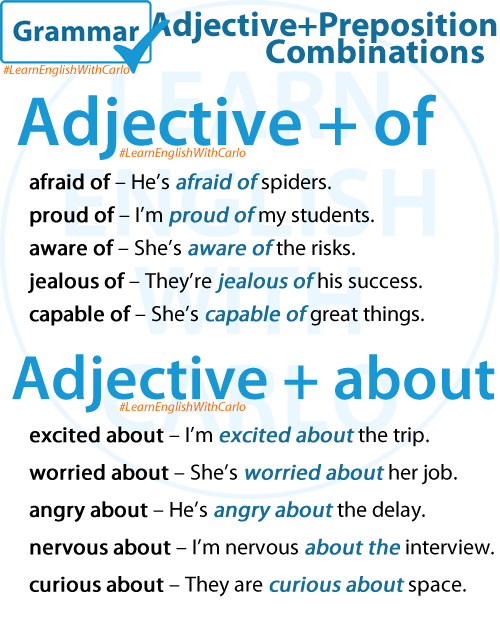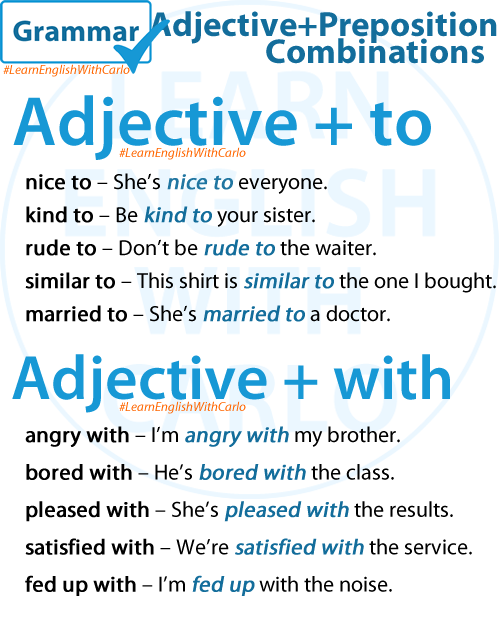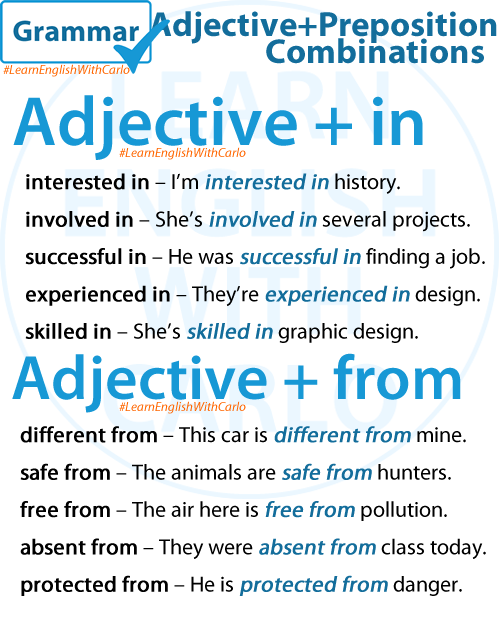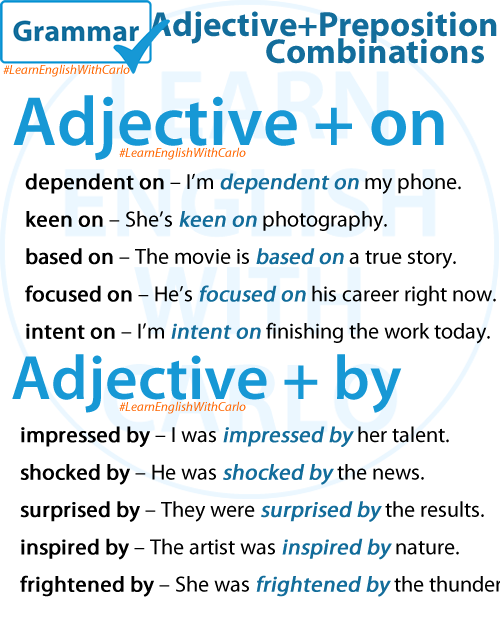Verbs are the heart of every sentence. They tell us what’s happening — what the subject does or is. But did you know that some verbs need an object, while others stand alone?
That’s where transitive and intransitive verbs come in. Understanding the difference between them helps you build clear, grammatically correct sentences — and avoid mistakes like “John likes.”
1. What Are Transitive Verbs?
A transitive verb is a verb that needs a direct object to complete its meaning.
The object answers the question “What?” or “Whom?” after the verb.
Example:
John likes coffee.
- Subject: John
- Verb: likes
- Object: coffee
The verb like is transitive because it requires an object. You can’t just say “John likes” — it sounds incomplete!
Think of it this way:
If the action “goes to” or “affects” something, the verb is transitive.
More examples:
- She opened the door.
- They watched a movie.
- I bought a car.
Each of these verbs (opened, watched, bought) needs an object to make sense.
2. What Are Intransitive Verbs?
An intransitive verb is a verb that does not take a direct object.
It expresses a complete action by itself.
Example:
John jumped.
There’s no object after jumped — and that’s perfectly fine! The verb jump is intransitive here because the action doesn’t affect anything directly.
Other examples:
- The baby cried.
- We arrived late.
- She slept all day.
Tip: You can’t ask “cried what?” or “slept what?” — those sentences don’t make sense because these verbs don’t take objects.
3. Verbs That Can Be Both Transitive and Intransitive
Some verbs can be both transitive and intransitive depending on how they’re used.
Example:
John ate.
John ate a hamburger.
In the first sentence, ate has no object, so it’s intransitive.
In the second, ate has the object a hamburger, so it’s transitive.
Same verb — different function depending on whether it has an object!
More examples:
- She reads before bed. (intransitive)
- She reads the newspaper. (transitive)
- They run every morning. (intransitive)
- They run a small café. (transitive — meaning “manage”)
4. When a Verb’s Meaning Changes
Some verbs have different meanings depending on whether they are used transitively or intransitively.
Example:
I see you. → (My eyes are looking at you.) → Transitive
I see. → (I understand.) → Intransitive
Same verb, different meaning!
Other examples:
- Run
- Transitive: They run a business.
- Intransitive: They run every day.
- Change
- Transitive: She changed her clothes.
- Intransitive: The weather changed.
5. How to Identify Whether a Verb Is Transitive or Intransitive
Here’s a simple way to test it:
Ask “What?” or “Whom?” after the verb.
- Does the sentence make sense if you add an object?
- Does the action affect something directly?
If yes, the verb is transitive.
If no, it’s intransitive.
Examples:
- Does he like something? → Yes → Transitive
- Does he jump something? → No → Intransitive
6. Check the Dictionary
When in doubt, look it up!
In a good English dictionary, you’ll see abbreviations right under the pronunciation guide:
- [T] = Transitive
- [I] = Intransitive
- [T/I] = Both
You’ll also see examples for each use and, sometimes, different meanings depending on whether the verb takes an object.
Example (from a dictionary):
run [I/T] — to move quickly on foot / to manage something
🧾 7. Quick Summary
| Type | Definition | Example | Has Object? |
|---|---|---|---|
| Transitive Verb | Needs a direct object | She opened the door. | Yes |
| Intransitive Verb | No object needed | She arrived late. | No |
| Both | Can be either, depending on use | He runs every day. / He runs a company. | Sometimes |
8. Practice Time
Try identifying whether the verbs below are transitive (T) or intransitive (I):
- The sun rose at 6 a.m.
- She plays the piano beautifully.
- They laughed loudly.
- He wrote a letter.
- We slept for hours.
Answers:
- I, 2. T, 3. I, 4. T, 5. I
In Summary
Understanding the difference between transitive and intransitive verbs helps you form complete and natural sentences.
- Transitive verbs → need an object.
- Intransitive verbs → stand alone.
- Some verbs → can be both, depending on meaning.
Whenever you’re unsure, just check if the action affects something — or look it up in a dictionary. You’ll quickly see which type it is.
